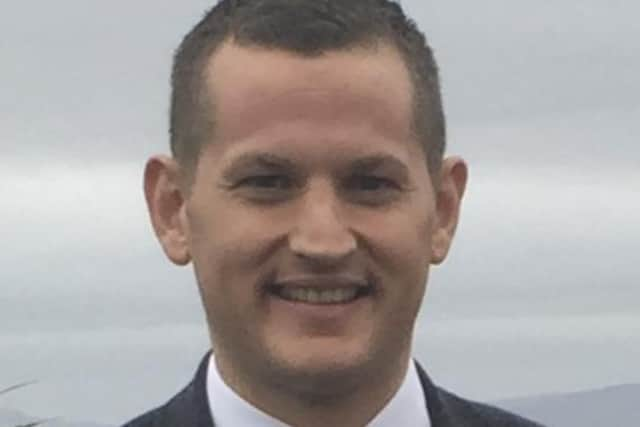Child protection system currently sitting on a dangerous precipice - Stephen McGhee


It’s worth starting at the point of inception of a child protection concern being raised. Normally, Scotland’s social workers would be notified of a concern of some kind; maybe it’s that a child has come to school and there are some warning signs of neglect from home. This process of identification and subsequent action leads to children being kept safe. Recent statistics published suggest child protection referrals have plummeted in up to half of Scotland’s local authorities, with eight local authorities noting a drop in referrals by more than a quarter.
A quarter. Let’s think about that for a moment. 25 per cent of children and young people in our communities who were previously supported by early child protection referrals are now no longer being picked up by Social Workers and other professionals. They have been hamstrung by shrinking budgets and a diminished workforce who are asked to meet the needs of increasing caseloads and a pandemic which has thrown a shroud over access to schools and homes. Our ability to identify statistical analysis on the issues have improved, but resourcing continues to struggle to keep pace with the need. This needs emergency attention. A famous quote springs to mind:
Advertisement
Hide AdAdvertisement
Hide Ad'The true measure of any society can be found in how it treats its most vulnerable'.
The picture being described here is not a unilateral issue. Identification reduction masks concerns about how the staffing in the sector has been obliterated by COVID-19 and Brexit, amongst other societal influences.
Services are reporting a lack of access to a skilled workforce, with prospective staff members put off working in a post Covid environment in group settings. Rates of pay also remain an issue in a sector tasked with meeting the needs of the most vulnerable in society. Brexit has also served to reduce access to a workforce who are skilled, prepared and ready to offer our children and young people a better quality of life.
Through a combination of this and other factors we are seeing more children and young people failing to access services, like Child and Adolescent Mental Health Services (CAMHS), in a timeous manner.
Public Health Scotland figures indicate that as of June 2021, 1,686 children and young people have been waiting over a year for treatment. This figure represents a doubling (787) from June 2020.
It is not all negative though and I have never seen an esprit de corps like that which our frontline staff members exhibit day on day for those in need of our services. Indeed, frontline caring services adapted beyond recognition in 18 months.
The human side of care has shown that there is a deep resolve to fix what is a broken system. It now falls on leaders to step up to the challenge and move back from the dangerous precipice which child protection currently sits on. Every second counts.
Stephen McGhee, Managing Director, Spark of Genius, member of the Scottish Children’s Services Coalition
Comments
Want to join the conversation? Please or to comment on this article.